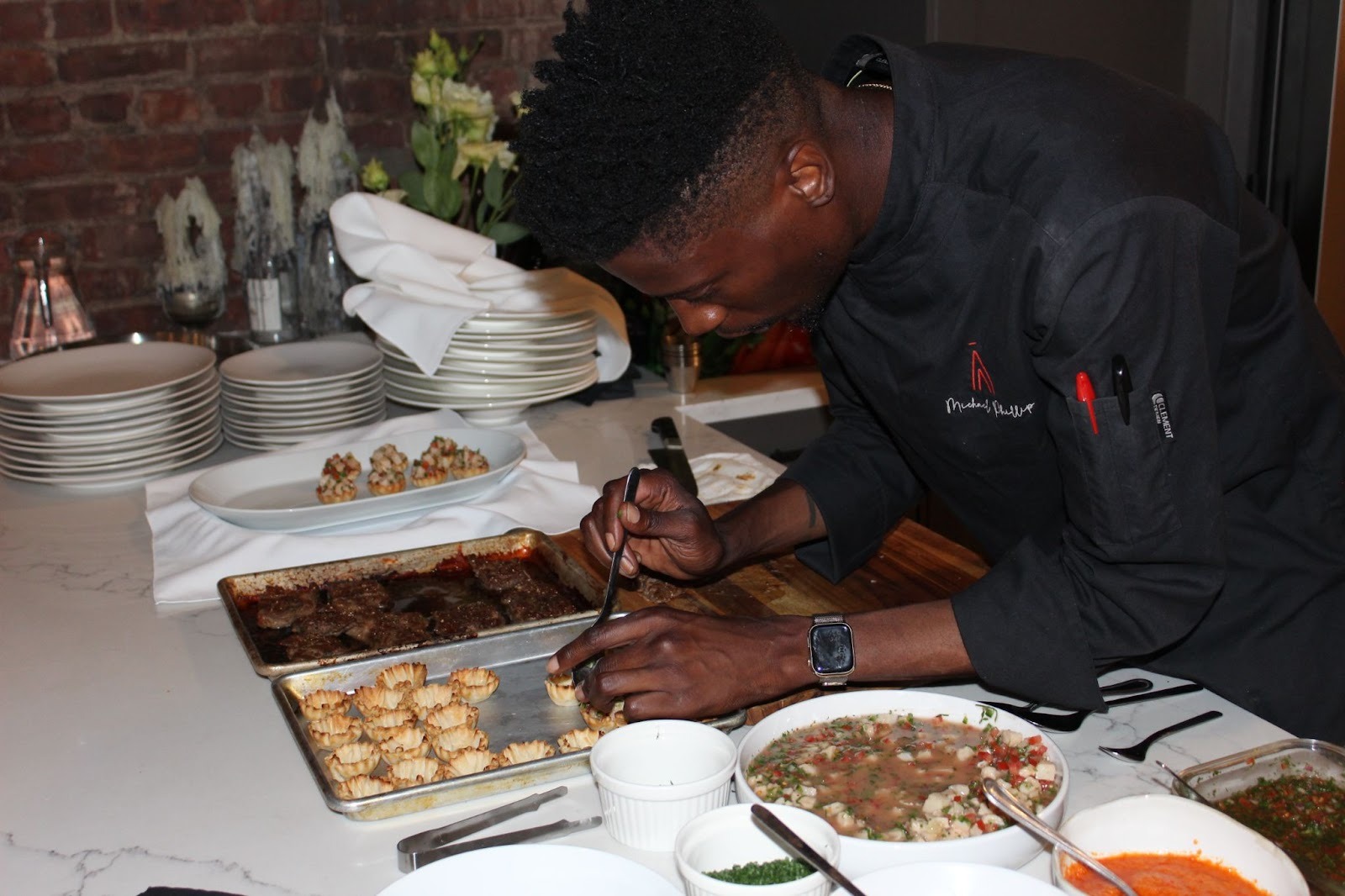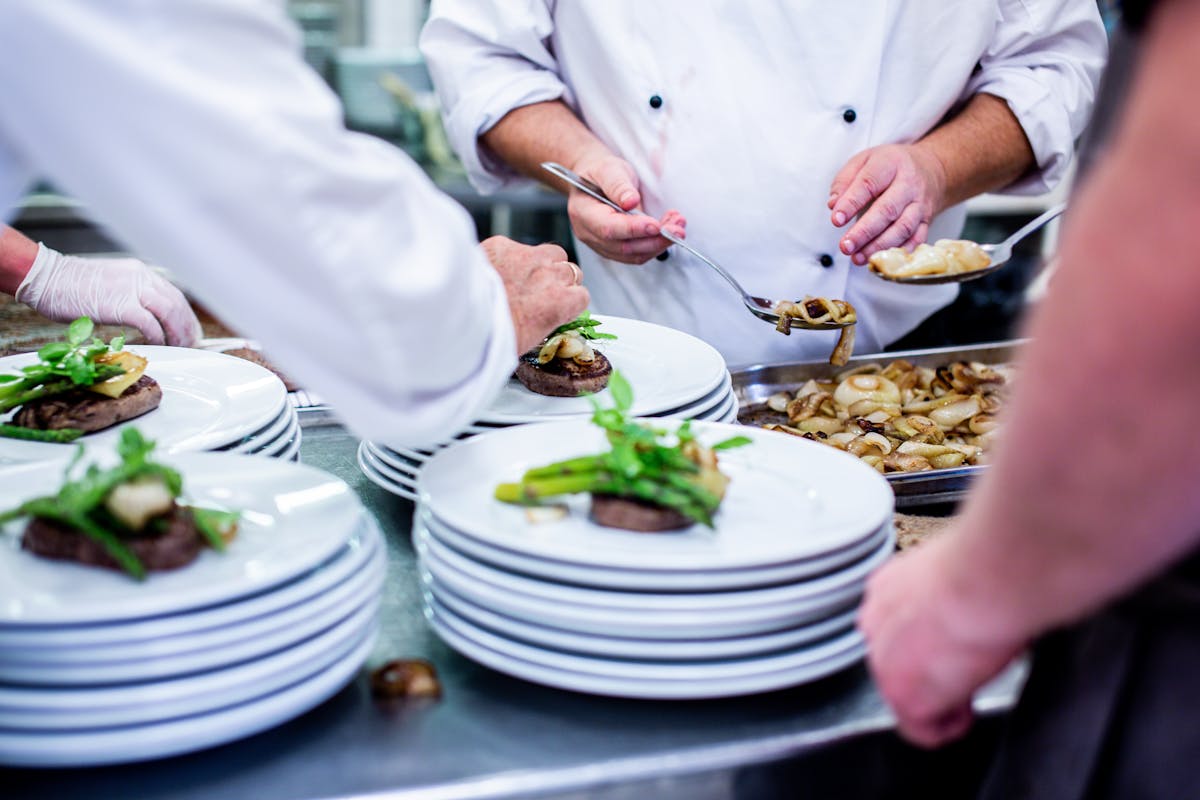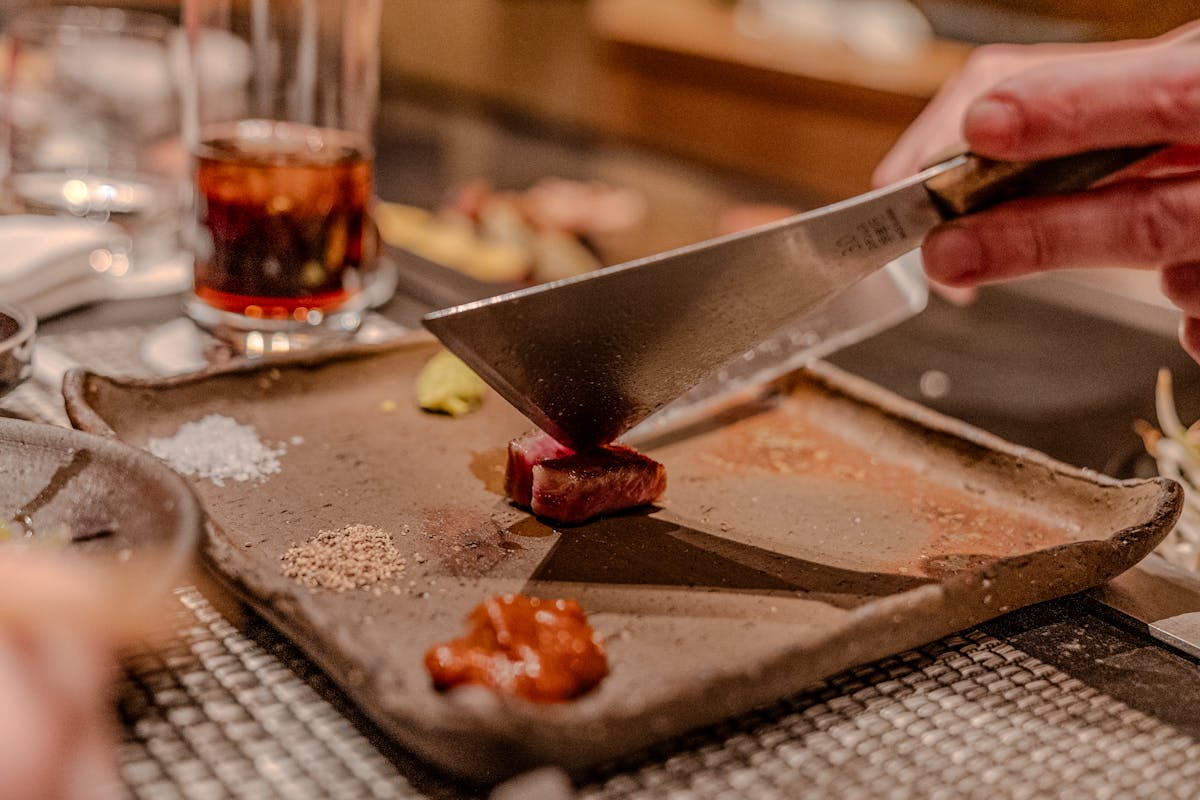In many high-end households, the role of a private chef is central to daily life. For estate managers, overseeing this role effectively is a key responsibility. Whether you plan to hire a private chef or already manage someone, here’s a guide—written in simple terms—on how estate managers can evaluate and collaborate on private chef duties.
1. Understand the Difference: Private Chef vs. Personal Chef
First, it helps to know what a private chef really means and how that differs from a personal chef.
- A private chef is usually employed full-time by one household. They prepare meals daily, plan menus, and often travel with the family or manage multiple residences.
- A personal chef, by contrast, works for different clients, often on a per-contract or per-event basis. They may cook for several households at different times.
As estate managers, you’ll often oversee private chefs—not personal chefs—so your focus is on long-term performance, integration with staff, and consistency.

2. Establish Clear Criteria for Evaluation
When evaluating a private chef, it’s essential to be clear about what excellence means. Below are key areas to include in your evaluation framework:
a) Culinary Skill & Versatility
- Ability to prepare varied cuisines (e.g., Asian, Mediterranean, local favorites)
- Adaptation to dietary needs (allergies, preferences, health plans)
- Creativity with seasonal and local ingredients
b) Consistency & Reliability
- Meal quality should be stable over time—not just for “good days”
- On-time delivery of meals and readiness of service
- Proper food safety, hygiene, and kitchen organization
c) Communication & Collaboration
- Clear communication with you (the estate manager) about menus, budgets, and supplies
- Willingness to work with other staff (housekeepers, butlers, servers)
- Openness to feedback and adjustments
d) Cost Management & Procurement
- Ability to manage food budgets and control waste
- Skill in sourcing quality ingredients—negotiating with suppliers
- Inventory management: knowing what is on hand, what to order
e) Staff Leadership & Delegation
- If the private chef has assistants or kitchen staff, the ability to supervise them
- Training, scheduling, and role clarity within the kitchen team
f) Flexibility & Event Support
- Private chefs often support events, large dinners, or special requests
- Their ability to scale up, coordinate menus, and adapt on short notice is essential.
By setting up a scorecard or performance review template with these categories, you can objectively evaluate the private chef and give structured feedback.
3. Onboarding & Expectations Setting
Before you even evaluate, you must collaborate well from day one. Here’s how:
1. Define Roles & Responsibilities
Write a job description that makes it clear: “private chef duties include menu planning, food prep, event support, collaboration with staff, sourcing ingredients, and cost control.” Make sure the expectations are realistic and reflect your household’s needs.
2. Introduce the Staff Ecosystem
Make sure the private chef meets with the relevant household staff: butler, housekeeper, gardener, and servers. Clarify how they should communicate (e.g., through you or directly).
3. Establish Regular Meetings
Set weekly or biweekly check-ins. Use those meetings to review menus, address challenges, plan for events, and sync on inventory or supplier issues.
4. Provide Feedback Channels
Let the private chef know that feedback is mutual. Encourage them to share ideas, challenges, or improvements.
5. Share Household Culture & Preferences
Supply a “house food profile” or “family food preferences” document. Include likes/dislikes, allergies, dietary philosophies, and preferred service style (casual vs formal).
Strong onboarding and clear expectations reduce misunderstandings in daily operations.
4. Collaboration in Daily Operation
To get the best from a private chef, you’ll need to collaborate actively. Here are the best practices:
A. Menu Planning Together
Don’t leave menu planning entirely to the chef, nor micro-manage it. Instead, collaborate:
- Present general meal “themes” (e.g., “light summer menu”, “Asian week”, “guest week”)
- Let the chef propose menu options within those themes
- Approve menus and suggest small changes, when needed
B. Budget & Procurement Review
Every month or quarter, review food spending with the private chef. Ask:
- Are we staying within budget?
- Are there suppliers we can negotiate with or change?
- Any opportunities to reduce waste or repurpose leftovers
C. Kitchen Workflow & Logistics
The kitchen’s efficiency affects all staff:
- Share staff schedules (housekeepers, servers) so cooking times align
- Create a “kitchen calendar” for events, dinner parties, travel days
- Coordinate deliveries, storage, and stocking
D. Cross-Training & Backup Plans
Ensure there is redundancy—e.g,. An assistant chef who can cover in case of absence. Work with your chef to train backup staff, so the kitchen doesn’t grind to a halt.
E. Event Coordination
For dinners, parties, or other significant events:
- Get the guest list, theme, and service format early
- Work together to scale menus
- Coordinate with front-of-house staff (butlers, servers) for seamless service
- After the event, debrief: what worked, what to improve
5. Regular Evaluation & Improvement
To maintain high standards, evaluations should not be one-off. Here’s how to do it:
- Quarterly reviews using your scorecard (culinary skill, consistency, communication, cost, etc.)
- Use specific examples (“on the dinner for 20, plating was slower than expected”)
- Set goals for next period (e.g., reduce waste by 10%, introduce one new cuisine, improve response time)
- Provide training opportunities (culinary courses, workshops)
- Recognize excellence (bonuses, praise) to motivate the chef
This process encourages continuous improvement and keeps standards high.
6. Handling Conflicts & Adjustments
Even with clear collaboration, disagreements may arise. Here’s how to manage them:
- Address issues early. If something isn’t working (timing, menu, communication), bring it up politely and promptly
- Use facts over opinions (“on three dinners in a row we served 10 % leftovers” is clearer than “I think menus are boring”
- Be open to hearing the chef’s point of view and accommodations
- If needed, adjust roles or staffing, or bring in external help (e.g, catering for large events)
Maintain mutual respect. The private chef must feel trusted; at the same time you must ensure the household’s standards are met.
7. When You Need to Hire a Private Chef
If you don’t yet have a private chef, here are the steps for estate managers:
- Define scope: daily meals, events, travel, multiple kitchens
- Write a clear job profile: using criteria from section 2
- Source candidates: through reputable staffing agencies, referrals, or platforms
- Interview & test: ask for sample menus, cooking demonstrations, references
- Trial period: consider a probation phase to observe real performance
- Evaluate onboarding: follow the onboarding steps above
During hiring, you, as an estate manager, set the tone for the collaboration ahead.

How Gradito Can Help
Managing a private chef is a dynamic, people-centric process. Estate managers need to balance evaluation and collaboration: you set standards and structure, while also allowing creativity and autonomy. By clearly defining roles, maintaining open communication, conducting frequent reviews, and fostering strong collaboration, the private chef becomes an integrated and high-performing member of the household staff.
If you want to streamline workflows, manage staff schedules, track performance, or automate parts of these processes, Gradito can help. Gradito’s platform helps estate managers coordinate with chefs and other staff, keep task lists visible, set reminders for reviews or inventory, and maintain clear communication. In that way, Gradito becomes your tool to strengthen collaboration between estate managers and private chefs—making your household run smoother every day.







